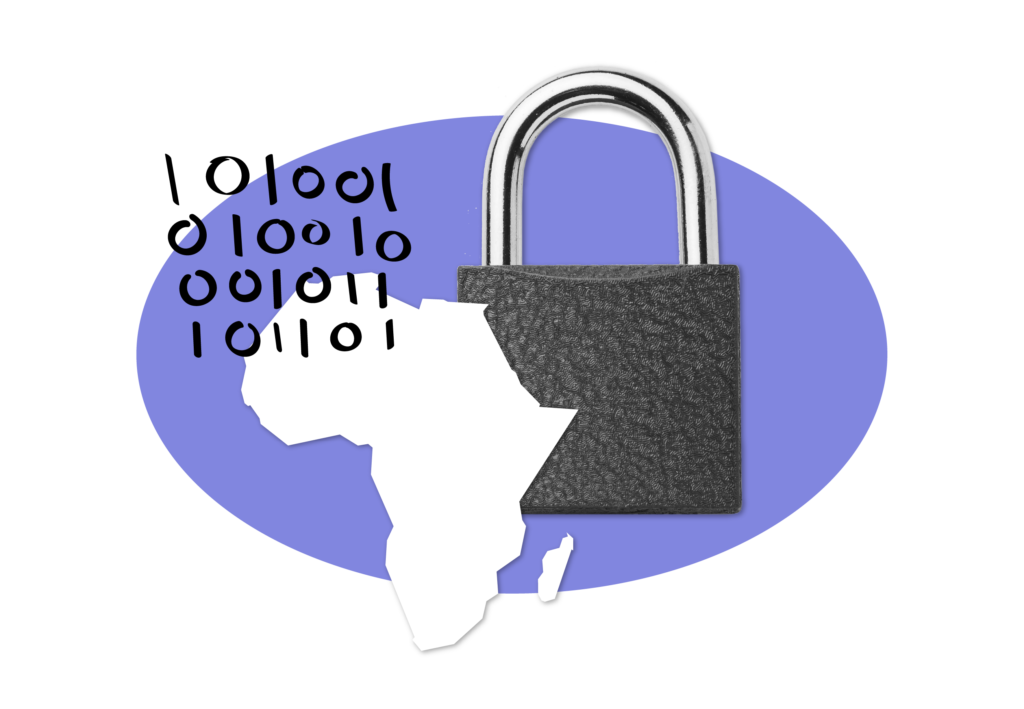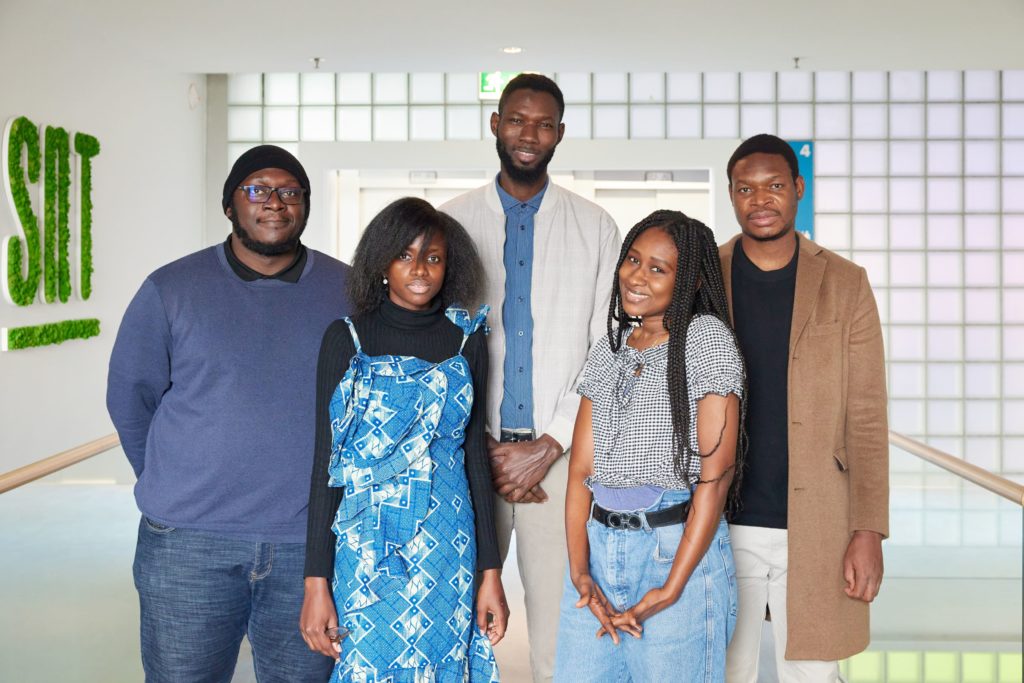Cybersecurity

In 2020, ten doctoral positions on cybersecurity at SnT were allocated to computer science graduates from West African countries in the framework of the LuxWays programme. Launched by SnT, the Ministry of Foreign and European Affairs, and three universities in Senegal and Burkina Faso, LuxWays has acted as a train-the-trainer programme for the academic staff of tomorrow. Three years in, some of these doctoral researchers are designing academic curricula in their countries of origin.
In fact, LuxWays was designed exactly for this purpose: train new faculty to enable more students to access academic education in ICT. “If we look at Burkina Faso, for instance,” said Prof. Tegawendé F. Bissyandé, head of the TruX research group at SnT, who leads the LuxWays programme, “about 40% of the population is less than 18 years old. This means that in five years’ time there will be 1.5 million people who would be of age to attend university. Yet, currently the local universities can only admit up to 200,000,” he said. “What about the rest?” To help address the disparity, LuxWays has offered graduate students from universities in Senegal and Burkina Faso grants to pursue a Ph.D. at SnT, helping them build the skills that they need to later become lecturers and professors themselves.

Thanks to the project, the academic landscape in these countries has already started to change – and that even before the doctoral researchers complete their degrees. In fact, since their first year, the LuxWays researchers have been delivering summer schools on cybersecurity in Burkina Faso and Senegal, helping other students gain new competences. What’s more, doctoral researchers Abdoul Kader Kabore and Christian Ouédraogo are currently implementing and leading two study curricula at Université Virtuelle du Burkina Faso: the Master’s Degree in Cybersecurity and the Bachelor’s Degree in Software Engineering, respectively. The latter, which launched last year, will admit this year a total of 400 students – the highest number of student admissions ever for a computer science bachelor’s degree in Burkina Faso. In addition, the doctoral researchers also teach in the Master’s programme of Artificial Intelligence at the same institution, where they are being promised positions once they finish their Ph.D.s.
"If we look at Burkina Faso, for instance, about 40% of the population is less than 18 years old. This means that in five years’ time there will be 1.5 million people who would be of age to attend university. Yet, currently the local universities can only admit up to 200,000. What about the rest?”
Prof. Tegawendé F. Bissyandé, SnT Tweet
In addition to their engagement in teaching, the doctoral researchers are working on pressing cybersecurity problems with an impact on society, in line with SnT’s vision. “In their projects, the doctoral candidates are conducting research at the highest level, with the goal of advancing the state of the art in their chosen field,” said Prof. Bissyandé. In fact, their research projects focus on topics such as the use of deep learning methods and neural networks to find and fix software vulnerabilities, as well as natural language processing of bug reports from users, smart contract and DevOps security.
Thanks to the project, the academic landscape in these countries has already started to change – and that even before the doctoral researchers complete their degrees.

Another project has been looking at the safety of mobile FinTech apps targeting developing African regions compared to the security level of similar apps in Europe. As mobile phones are the main channel to access services in Africa (with more than 70% of all web traffic coming from them), this is a topic with a direct impact on the livelihood of many. In fact, the continent has been for years the global leader in mobile financial services, hosting more than 50% of all mobile money services (i.e. services allowing people to pay, save, and transfer money with their mobile phones) worldwide.
In addition to the benefits that LuxWays is already creating in research and education, the programme is also fostering the creation of international networks converging to Luxembourg. “The researchers’ work entails collaborating with scientists all over the world, which allows them to get exposed to a much larger research community, and build a network that will foster long-lasting collaboration. All thanks to Luxembourg, that is acting as a gateway for them,” said Prof. Bissyandé.
The LuxWays programme currently includes five doctoral researchers, with a first few scheduled to complete their doctoral studies in 2023. Another five researchers have been selected and are completing their hiring process; with two of them being women.